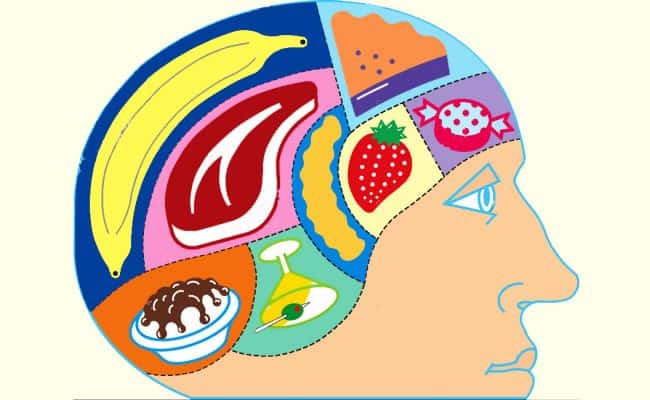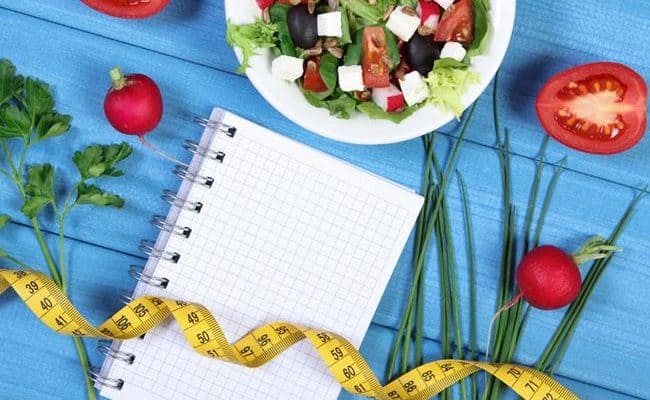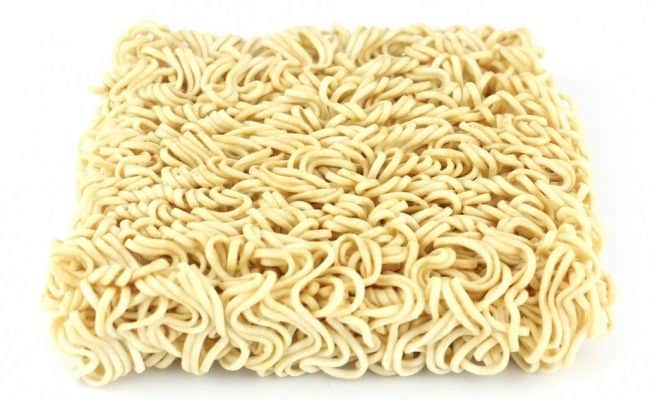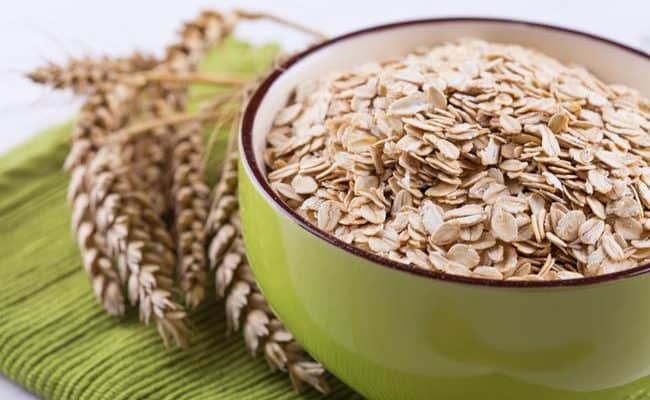
Mindful eating is a skill and like any other skill you need to practice it to become better and enjoy its benefits. In simple terms mindful eating refers to the way you approach food; do you eat out of habit (or because you have to) or do you approach each meal as a joyful experience?
Eat with your mind and not stomach
When you are eating and at the same time doing other things, for example working or watching TV, then you tend to eat larger quantities. On the other hand, if you try not to do anything else but to taste and enjoy every bite, then you understand better what you eat and especially how much food you consume.
Any diet or weight loss program should include information not only of what you should eat but also how, and let me explain below why this is important.
Eating is not a job but an experience
With the fast and stressful pace of modern lifestyle, eating has become a job that must be done quickly as all others. Many times we just grab something to eat without wasting time because we have to catch something else that we consider important.
Working lunches have become a routine. We eat in the office while working or while driving so as to save time. We sometimes even use lunch or dinner as an excuse to meet with someone when in fact we’re there for business.
Eating fast and combining eating with other activities is not only seen in adults. The same is happening now with our children who follow the example and our frantic pace. Most families eat while watching TV. It has become very rare to eat and concentrate only on food and enjoy it while doing nothing else.
What are the consequences of this situation?
Studies have shown that there is a bidirectional communication between the brain and digestive system and this relates on how we eat.
If during the meal, the brain has to deal simultaneously with other things, then the process of digestion is less effective in about 30% to 40%. The result is digestive disorders by producing more gases from the digestive tract, bloating and discomfort in the gut.
Apart from excessive gas and bloating, the main negative consequences are overeating, weight gain and obesity.
When we eat, the brain receives signals from the digestive system regarding the quantities consumed. When our needs in food are almost completed, signals from the brain ‘tell us’ to stop eating.
This mechanism does not work properly if we are doing other things while eating. The sense of taste, satisfaction and completeness is not perceived by the brain as it should because it is busy with other processes or other things that we do during our meal.
The result is that the brain does not signal the ‘end’ and the outcome is overeating. Overeating will gradually result in weight gain and if this continuous for a long time to obesity.
In addition to this behaviour, we must not forget that stress, bad mood, sleep deprivation also affect (negatively) the signals the brain sends regarding food consumption.
What are benefits of mindful eating?
The key is to be careful when we eat and not to do other things but to concentrate on mindful eating. By doing so we will enjoy a number benefits including:
Eating less
Better digestion
Enjoy our food more
Getting satisfied with less food
We need to try our best to avoid having to do other things, or let our minds flying in many other thoughts and problems but to concentrate on chewing and swallowing and the pleasures offered by the flavours and odours of what we eat.
Mindful eating can improve your eating experience
When you eat avoid doing any other things. Concentrate on the food, enjoy the rich experience and try to remove any other thoughts or reflections
Eat slowly
Chew better and give each bite the attention it deserves
Eat without watching TV or reading newspapers or surfing the net
Make sure you are sitting and not standing when eating, preferably in a peaceful and quiet environment
Put ‘regular quantities’ of food in your plate and try to eat in no less than twenty minutes
If we are right handed eat with your left hand and if you left handed eat with the right hand, this will slow down your rhythm.
Any attempt to prevent overeating, excessive weight gain and obesity, as well as any weight loss diet must be accompanied by details of not only what we eat, but also on the correct way to consume our food. Mastering the art of mindful eating will help you enjoy more and lose more!










